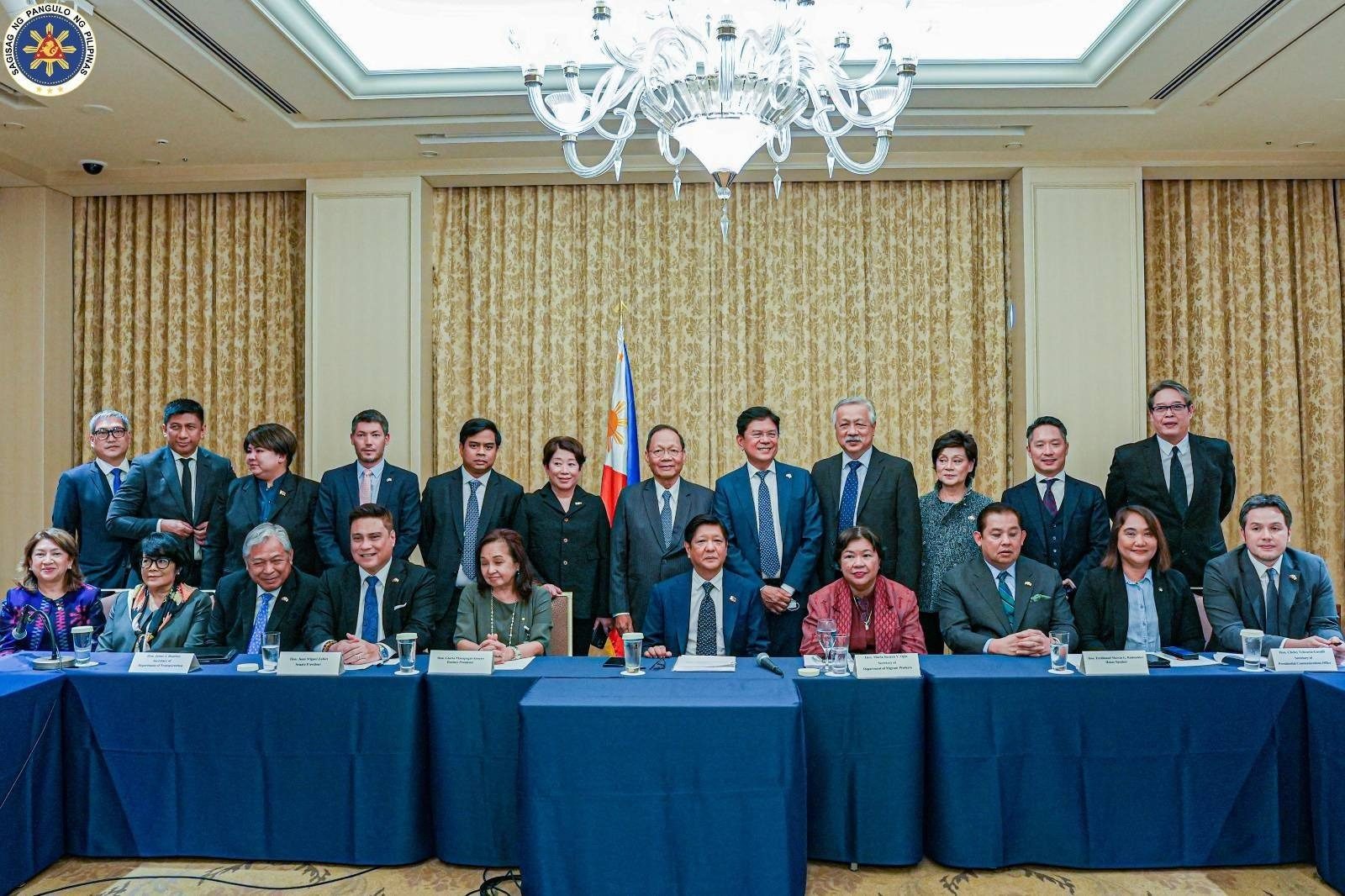SUMMARY
This is AI generated summarization, which may have errors. For context, always refer to the full article.

MANILA, Philippines – President Ferdinand Marcos Jr. on Thursday, February 9, promised to “ensure a ready pool” of “highly skilled” Filipino seafarers, in a meeting with Japanese shipowners during an official visit to Japan.
Junichiro Ikeda, president of the Japanese Shipowners’ Association (JSA) and chairperson of Mitsui OSK Lines, told Marcos and the Philippine delegation that “Filipino seafarers play a big role” in the industry.
“Filipino seafarers are essential to Japanese shipping industry. And so we sincerely and strongly hope that there will continue to be a steady supply of professional and well-trained Filipino seafarers to work alongside us,” said Ikeda, according to a release from Malacañang.
He added, “We also expect the quality standard of the Filipino seafarers to continue to improve, as the Philippine government continues to work hard to achieve this.”
Marcos thanked the JSA for investing in maritime training schools in Laguna and Bataan that produce around 1,200 cadets a year.
Based on estimates, around a quarter of all seafarers navigating the world at any given time are Filipinos. According to the Palace, around 75% of crew members aboard Japanese vessels are Filipino. Around 6,600 Filipinos have been deployed to vessels under the Japanese Flag of Registry yearly for the past decade.
For the Philippines, this means thousands of jobs for its citizens and millions of dollars in remittances yearly. The Philippines has had a labor export policy in place for decades – formalized during the regime of Marcos’ father, the late dictator Ferdinand Marcos.
But Filipino seafarers are in a precarious position, especially in the European Union. The Philippines’ failure to comply with the EU’s maritime training standards puts at risk the livelihoods of tens of thousands of Filipino seafarers, even beyond the European bloc.
The Philippines recently created the International Advisory Committee on Global Maritime Affairs, composed of shipowners, cargo operators, and transportation workers, to improve the “global competitiveness” of Filipino seafarers.
In its release, the Palace said “there is an ongoing love story between Japanese shipowners and Filipino seafarers that started” during the elder Marcos’ time.
While Filipinos had long sought greener pastures overseas, the late dictator made labor export a policy of the state to solve two problems then: the lack of viable jobs and an economic downturn.
The Philippines’ labor export policy has certainly helped boost the economy – today, over 10% of the country’s gross domestic product comes from remittances by Filipino workers from around the world. But it also brings social problems – generations of Filipinos who grow up without their parents, workers forced to leave home for years or even decades just to make ends meet, and workers who return to the Philippines with little savings and end up facing the same economic hardships years later.
Like his father, President Marcos has been keen on pushing forward the Philippines’ “greatest export,” its skilled workers. – Rappler.com
Add a comment
How does this make you feel?

![[Hindi ito Marites] Japan: From enemy to bestie](https://www.rappler.com/tachyon/2024/07/Hindi-ito-Marites-TC-ls-7.jpg?resize=257%2C257&crop=415px%2C0px%2C1080px%2C1080px)


![[Rappler’s Best] America](https://www.rappler.com/tachyon/2024/07/rapplers-best-america.jpg?resize=257%2C257&crop=458px%2C0px%2C1080px%2C1080px)



![[Just Saying] SONA 2024: Some disturbing points](https://www.rappler.com/tachyon/2024/07/TL-marcos-sona-points-july-23-2024.jpg?resize=257%2C257&crop=335px%2C0px%2C720px%2C720px)



There are no comments yet. Add your comment to start the conversation.